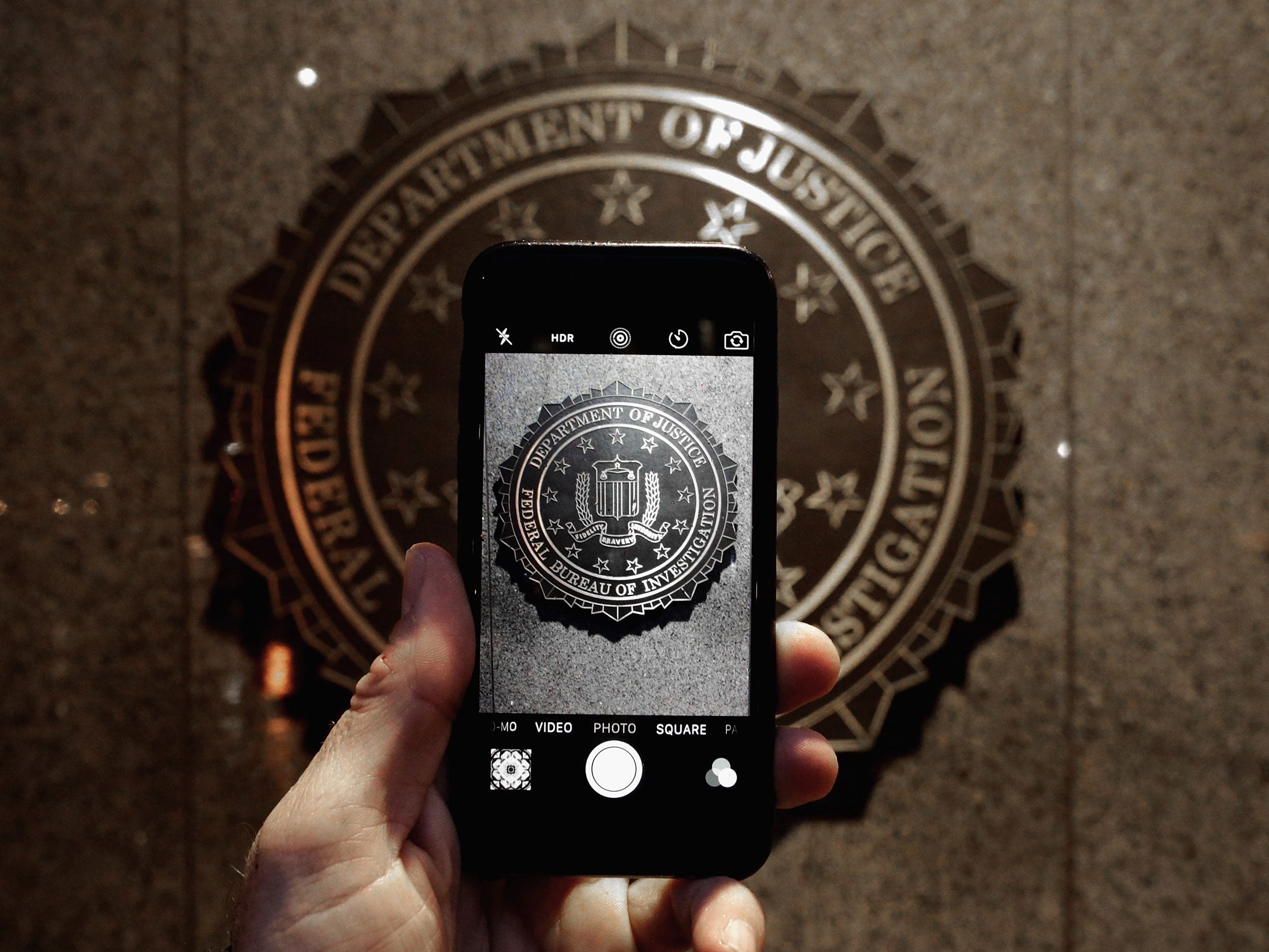FBI reportedly working with Israel's Cellebrite to unlock San Bernadino iPhone
Cellebrite is reportedly the 'non-governmental third party' which may have found a way to gain access to the iPhone

Your support helps us to tell the story
From reproductive rights to climate change to Big Tech, The Independent is on the ground when the story is developing. Whether it's investigating the financials of Elon Musk's pro-Trump PAC or producing our latest documentary, 'The A Word', which shines a light on the American women fighting for reproductive rights, we know how important it is to parse out the facts from the messaging.
At such a critical moment in US history, we need reporters on the ground. Your donation allows us to keep sending journalists to speak to both sides of the story.
The Independent is trusted by Americans across the entire political spectrum. And unlike many other quality news outlets, we choose not to lock Americans out of our reporting and analysis with paywalls. We believe quality journalism should be available to everyone, paid for by those who can afford it.
Your support makes all the difference.Cellebrite, an Israeli mobile forensics firm, is reportedly the company helping the FBI break into the iPhone used by one of the San Bernadino attackers.
If Cellebrite succeeds in cracking the iPhone, the FBI would no longer need Apple's co-operation, possibly bringing the ongoing legal battle between the two parties to a close.
As reported by Israeli paper Yedioth Ahronoth, who cited industry experts familiar with the case, Cellebrite is allegedly the “non-governmental third party” referenced by prosecutors who have come up with a method which could possibly gain access to the locked phone.
As Reuters reports, on Monday a federal judge agreed to the government's request to postpone a Tuesday court hearing after learning of the third party's solution, possibly so it could be tested.
In the aftermath of the December 2015 San Bernadino attacks, in which 16 people (including the attackers) were killed and 24 injured, the FBI uncovered an iPhone 5C which was owned by one of the two shooters.
Suspecting it to contain information which could help their investigations, the FBI asked Apple to help break into the phone, which is protected with a passcode lock.
Apple have refused, due to security and privacy concerns, and are currently involved in a court case with the government over whether they have to unlock the phone.
Cellebrite focuses on two main areas of business - a forensics system used by police, military and intelligence organisations to retrieve data hidden inside mobile devices, and technology for mobile retailers.
The company has helped out law enforcement in investigations in the past - their products have been used to uncover digital evidence which brought a number of criminals to justice, including a network of online sexual extortionists based in the Phillipines.
The FBI and Cellebrite declined to comment on the matter.
Join our commenting forum
Join thought-provoking conversations, follow other Independent readers and see their replies
1Comments